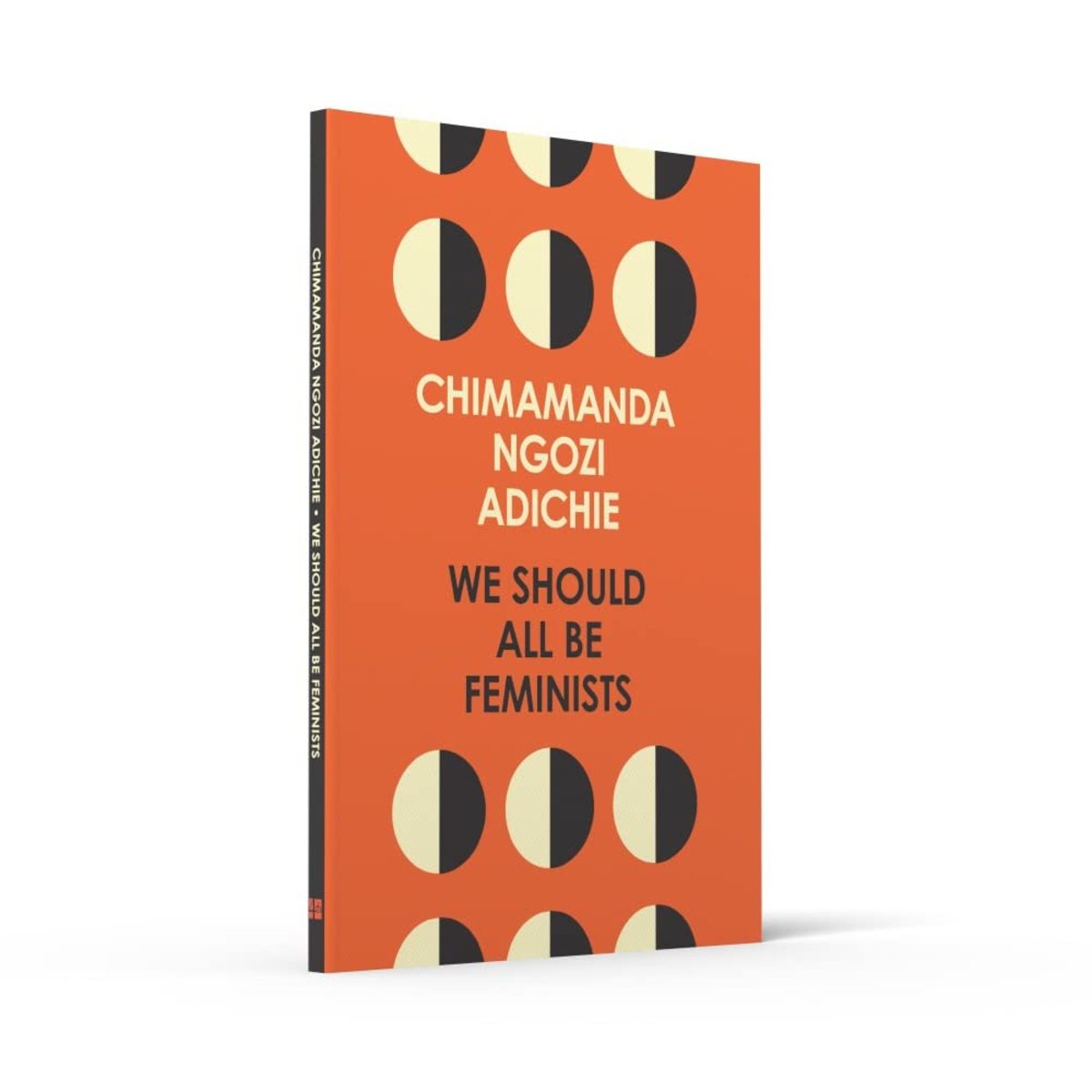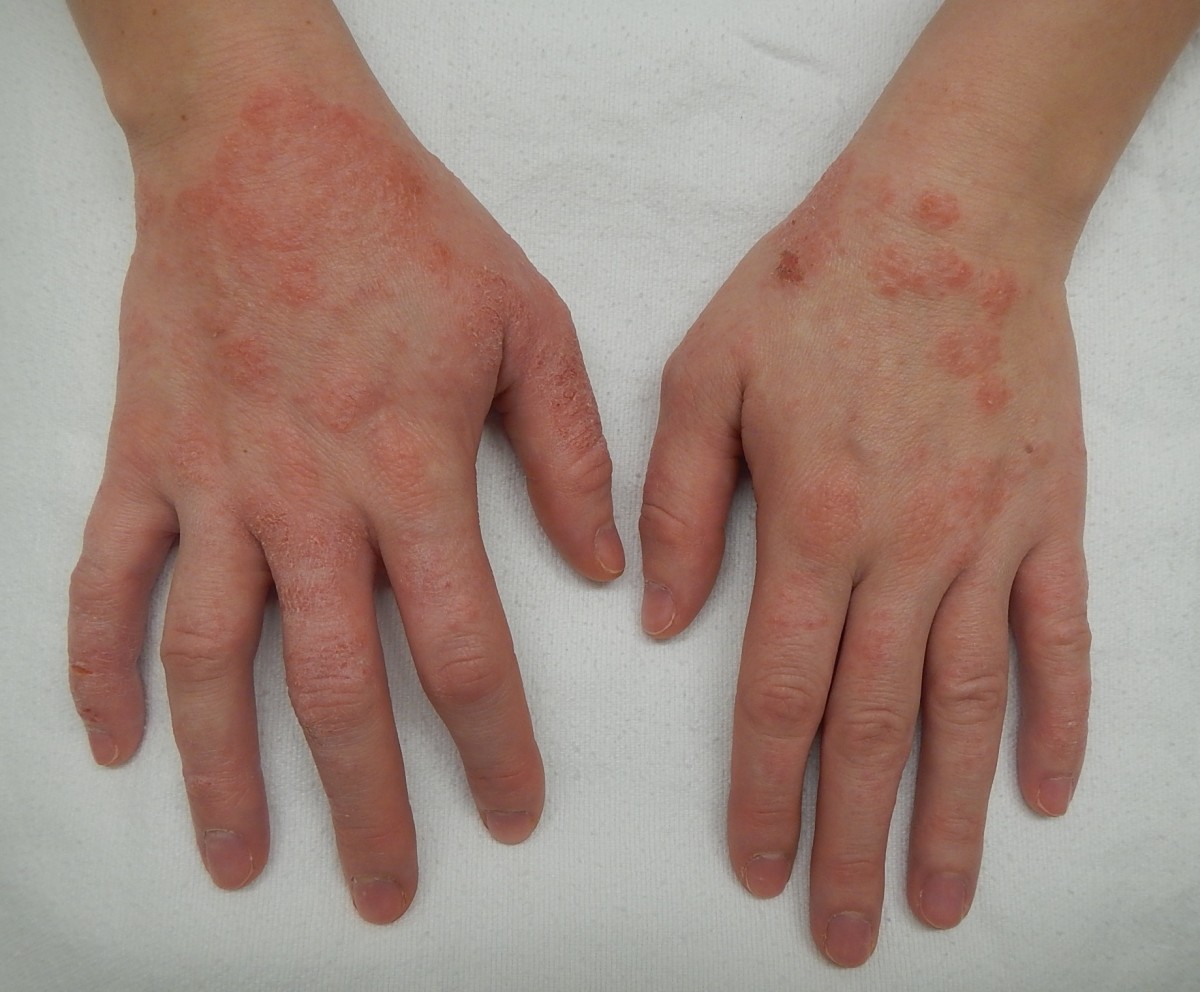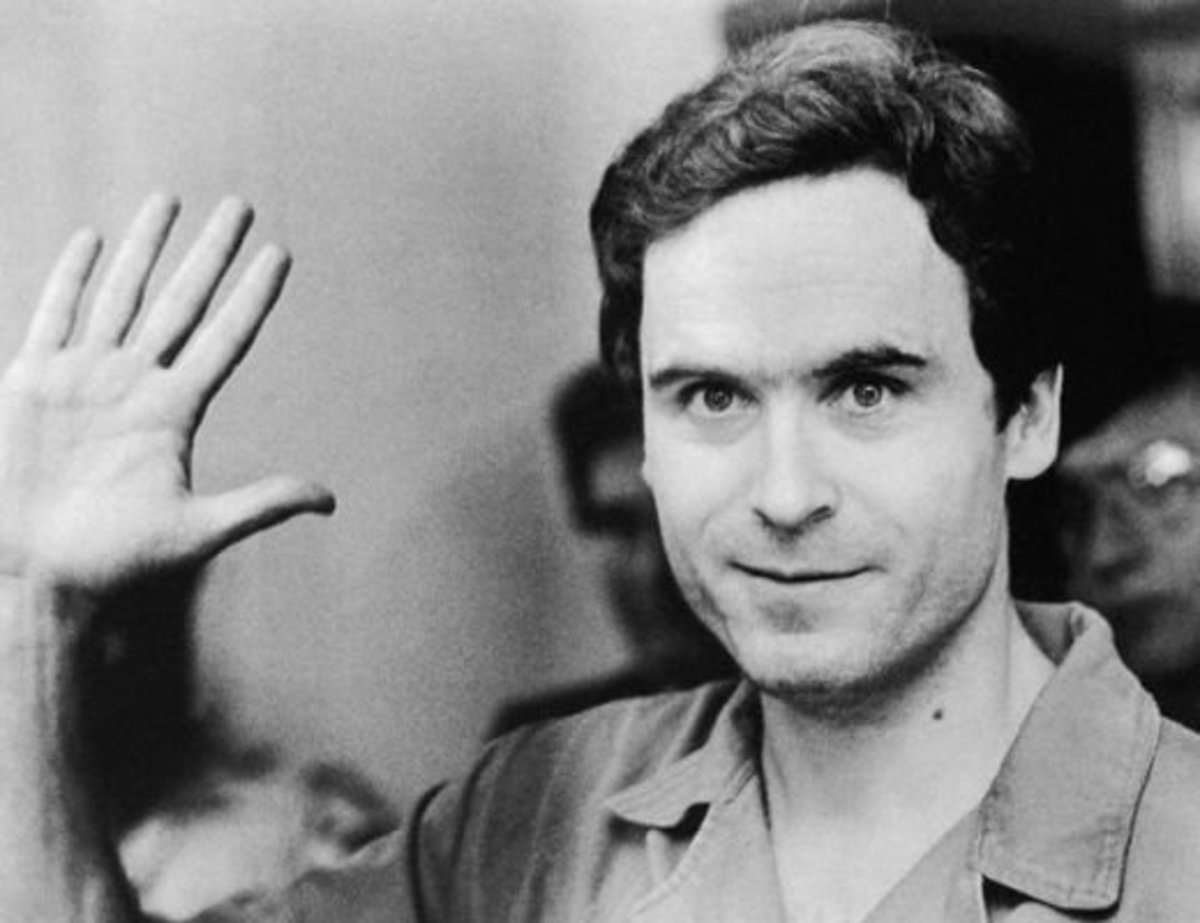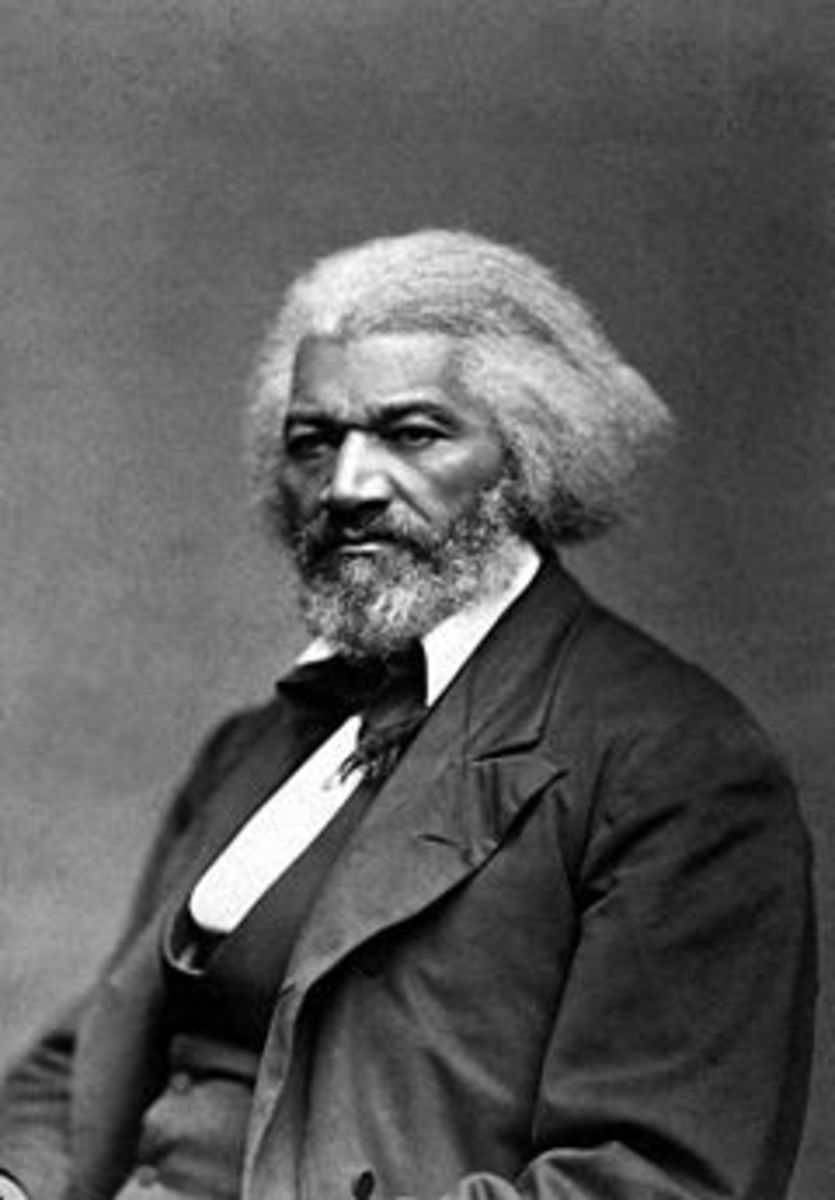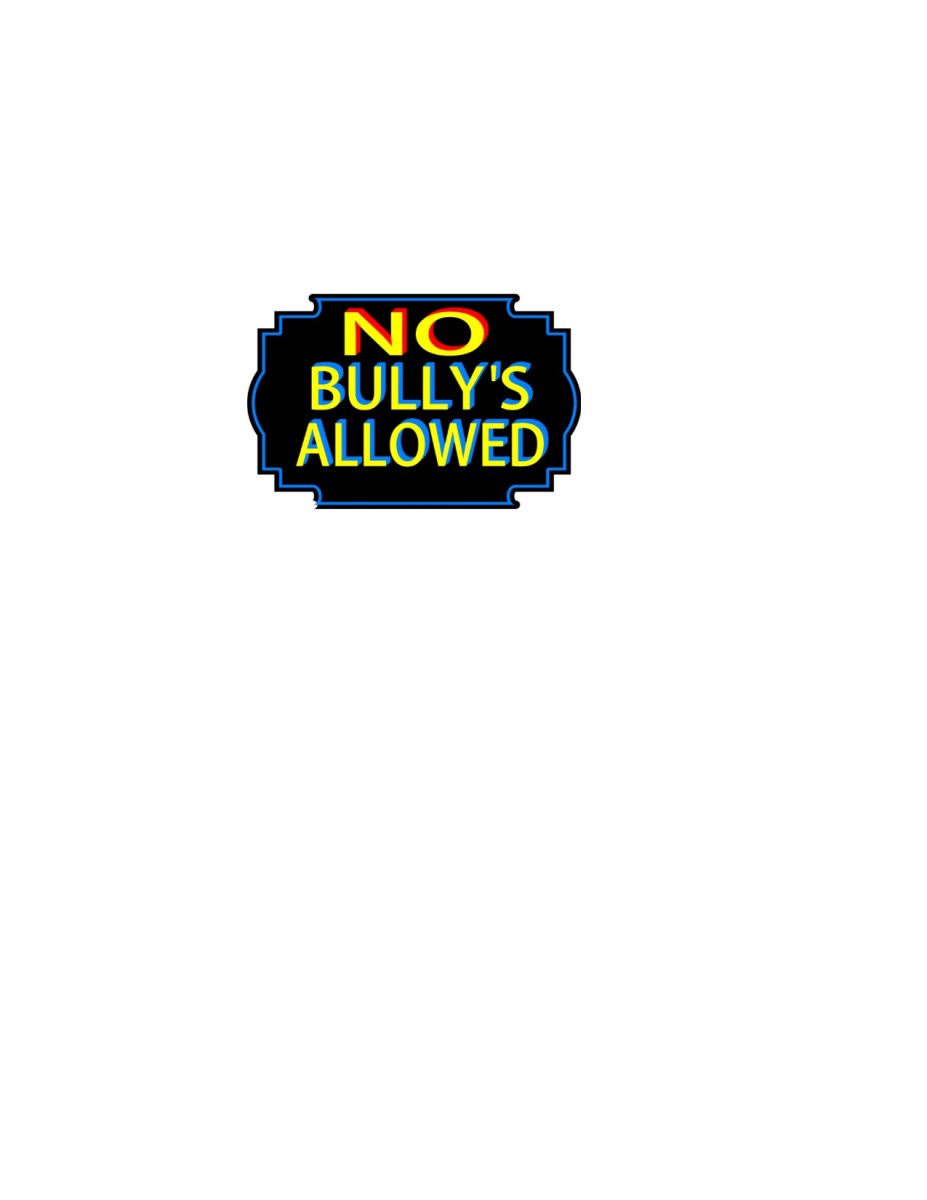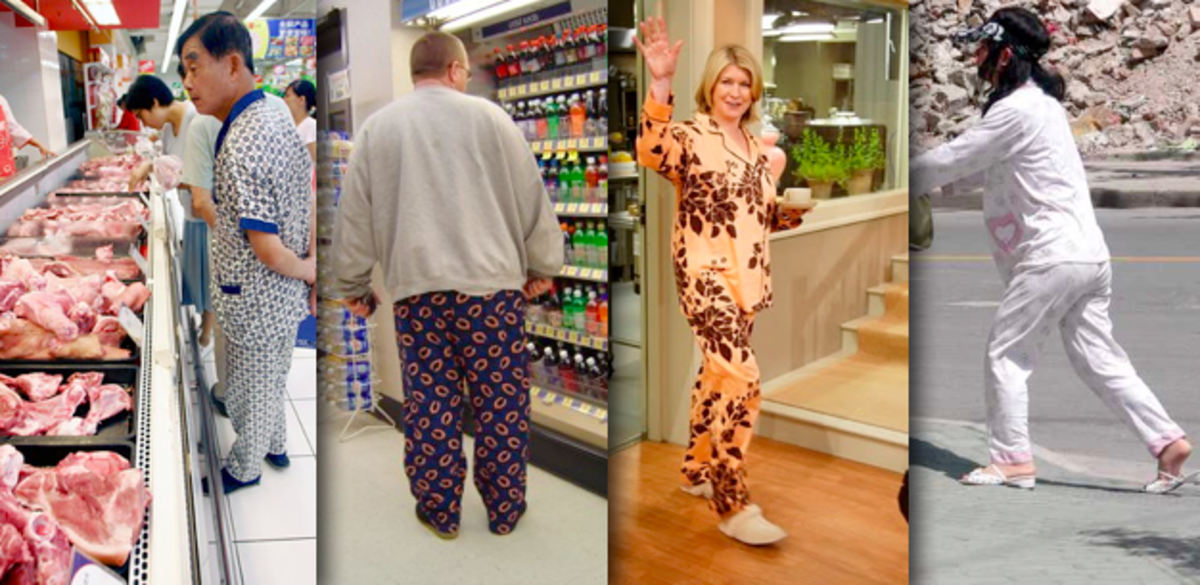Have You Experienced Racism?
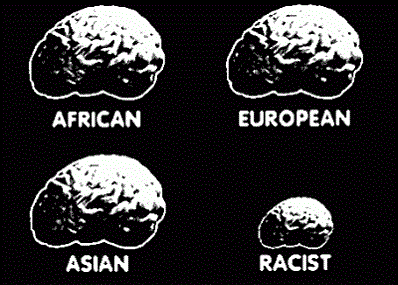
Personal experience of racism
Historically the word racism has been used to describe the specific prejudice by white people against political political minorities of darker skin. In many countries, especially South Africa, people talk about reverse racism. The suggestion by some people is that the word racism should retain its original meaning and that the word prejudice should be used.
However that may be, Chimamanda's 14 question racism quiz from the blog of her main character in Americanah, Ifemelu, can be used as an informal quiz on personal experience of racism.
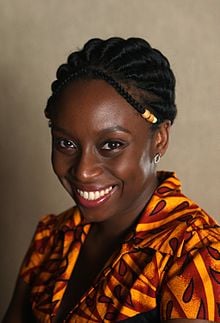
Half of Yellow Sun
Chimamanda Ngozi Adichie
Chimamanda Ngozi Adichie was born on 15 September 1977 in Enugu, but grew up in Nsukka, in the house formerly occupied by Nigerian writer Chinua Achebe. Although she studied medicine and pharmacy at the University of Nigeria, she already followed her writing interests and edited a student magazine, The Compass.
She left for the United States when she was 19, studied communication at Drexel University in Philadelphia and earned a degree in communication and political science at Eastern Connecticut State University. She completed her Master's Degree in creative writing at Johns Hopkins University, Baltimore
Her first novel, Purple Hibiscus, was published in October 2003 when she was 26. The book was shortlisted for the Orange Fiction Prize (2004) and was awarded the Commonwealth Writers' Prize for Best First Book (2005).
It was through her second novel, Half of a Yellow Sun, that I first got acquainted with her work. The story is set before and during the Biafran War and was published in August 2006 in the United Kingdom and in September 2006 in the United States. This is a disturbing book which for me, brought the images of civil war very close to home, especially the apathy of the West when things go wrong in Africa. This book has been released as a movie. Americanah was released in 2013, and will also be made into a movie.
Chimamanda pursued her academic career:
- Hodder fellow at Princeton University during the 2005-2006 academic year
- MA in African Studies from Yale University in 2008.
- Fellowship by the Radcliffe Institute for Advanced Study, Harvard University,in 2011 and 2012
Half of a Yellow Sun, has been named the best winner of the women’s prize for fiction of the last decade – by both the public and a 10-strong judging panel.
The 10 winners of the decade were:
2006 - On Beauty by Zadie Smith (Chair, Martha Kearney)
2007 – Half of a Yellow Sun by Chimamanda Ngozi Adichie (Chair, Muriel Gray)
2008 – The Road Home by Rose Tremain (Chair, Kirsty Lang)
2009 – Home by Marilynne Robinson (Chair, Fi Glover)
2010 – The Lacuna by Barbara Kingsolver (Chair, Daisy Goodwin)
2011 – The Tiger’s Wife by Téa Obreht (Chair, Bettany Hughes)
2012 – The Song of Achilles by Madeline Miller (Chair, Joanna Trollope)
2013 – May We Be Forgiven by AM Homes (Chair, Miranda Richardson)
2014 – A Girl is a Half-formed Thing by Eimear McBride (Chair, Helen Fraser)
2015 – How to Be Both by Ali Smith (Chair, Shami Chakrabarti)
We should all be Feminists was first published in 2014 and aims to give a definition of feminism for the 21st century. In 2015, Sweden decided to give a copy of this book to all 16 years olds, to guide the dialogue about feminism and gender equality.
Americanah
Americanah made into a movie
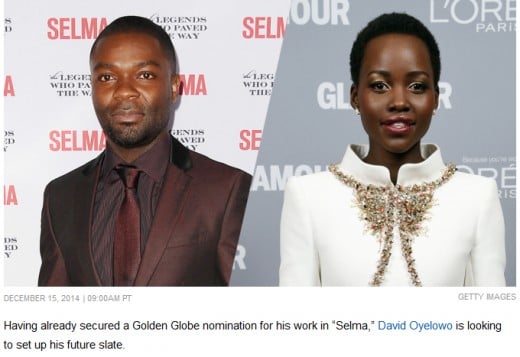
Americanah - the story
Americanah is the story of young Nigerian Ifemelu who went to study in America - and Obinze - who is unable to get a Visa to accompany her. While Ifemelu navigates USA racism and academic life quite successfully (after some degrading experiences at first). Obinze outstays his British visa and lives as an undocumented immigrant in London. He has to make do with illegal jobs, where he is badly paid and ill-treated, and is eventually deported back to Nigeria.
Although on some level this is a love story, that would be a simplified description. Ifemelu gets to question both Nigerian and American values: In the US, she feels "black" for the first time and she identifies the subtle forms of racism that forms part of the experience of being black in America, and that white Americans are often unaware of. Nigeria, her home country, is corrupt and at times, cruel. Rich, powerful men rules life and the women often aspire to no more than finding a "Big Man" to support her.
She delves into the subtle difference of being and African-American and an American-African
and realises that the Americans themselves do not really understand racism (including sometimes those who it is aimed at), and the nuances of language to express racism.
Adichie makes use of a Ifemelu's blog to argue some of her points. The blog is called: Raceteenth or Various Observations About American Blacks (Those formerly known as Negroes) by a Non-American Black.
She says: "In America, racism exists but racists are all gone. Racists belong to the past. Racists are the thin-lipped mean white people in the movies about the civil rights era......If you're not a bloodsucking monster, then you can't be called a racist. . . .Somebody has to be be able to say that racists are not monsters. They are people with loving families, regular folk who pay taxes. Somebody needs to get the job of deciding who is racist and who isn't. Or maybe it's time to scrap the word "racist". Find something new. Like Racial Disorder Syndrome. And we could have different categories for sufferers of this syndrome: mild, medium, and acute."
That sounds like a good suggestion to me.
From Ifemelu's Blog:
Traveling While Black: "A friend.... is writing a book called Traveling While Black. Not just Black, he says, but recognizably black because there's all kinds of black and no offense but he doesn't mean those black folk who look like Puerto Rican or Brazilian or whatever..........They tell you in guidebooks what to expect if you're gay or if you're a woman. Hell they they need to do it for if you're recognizably black....
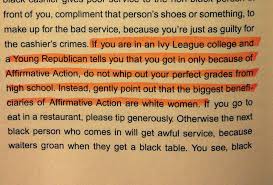
Question 1
When you want to join a prestigious social club, do you wonder if your race will make it difficult for you to join?
Questions on Racism OR a test for White Privilege
In Ifemelu's blog this section is called: What Academics Mean by White Privilege, or Yes it Sucks to Be Poor and White but Try Being Poor and Non-White. So these questions are in fact a test for White Privilege. I apologise if this may then seem a bit our of context, but I found the questions quite useful.
I do think that here in South Africa we have a long way to go in terms of a non-racial society - and white people are also complaining of reverse racism. It might be interesting to use these questions as a real in-depth research questionnaire and compare which questions relate more to which groups. I suspect that white people might experience racism in a more political way, than in that subtle, fundamental way that Adichie is trying to explain in her blog.
To how many questions did you answer YES?



